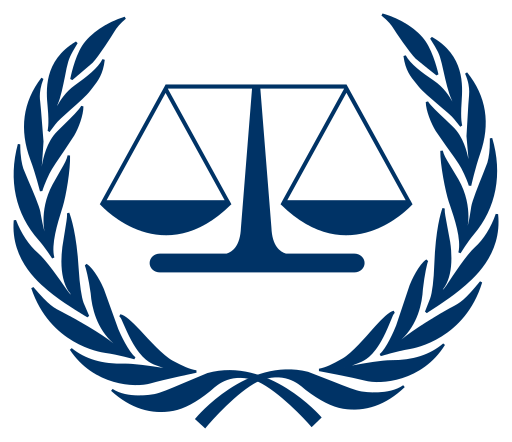
In 1960, with assistance from the United Church of Christ, civic leaders launched New College — a private liberal arts institution with an initial student body of 101.
By the 1970s, that enrollment had swelled to more than 500. With nearly $4 million in debt rather than a fat and growing endowment, New College made a deal with the devil: It sold itself off to the Florida’s government-operated university system.
In terms of curriculum and educational approach, “New College of Florida” was allowed to largely operate as it had before … until earlier this year, when governor Ron DeSantis appointed six new members to its board of trustees in an effort to, as his chief of staff put it, turn the school into a “Hillsdale of the South.”
If that goal sounds somewhat perverse, it is.
The distinguishing characteristic of Hillsdale College is not that it’s “conservative.” What sets it apart is that it’s one of a handful of truly private US colleges which decline government financial support — student loans, Pell Grants, GI Bill benefits, etc. — and the strings that come with that support.
If DeSantis wanted New College to become a “Hillsdale of the South,” the correct approach would have been to sell it off (or donate it to) “conservative” private sector operators.
Instead, he did exactly what he (and other “conservatives”) constantly accuse “the left” of doing, and have been doing themselves for decades: He imposed his own political viewpoint on a state-operated school.
Establishment politicians of all stripes constantly bemoan the “politicization” of “public” education, while constantly engaging in their own preferred “politicization.”
“Politicization” is baked into the whole idea of “public” education. It can’t be any other way.
When schools are operated by appointed government bureaucrats who answer to elected government officials, schools will necessarily be expected to serve the goals of those bureaucrats and those officials.
Electing different officials who appoint new bureaucrats doesn’t solve the problem, it just changes the direction the “politicization” runs in.
Nor is “school choice” — allowing parents to spend taxpayer money at private schools or send their students to tax-financed government “charter” schools — a solution to the problem. That money inevitably comes with conditions that turn formerly private schools into de facto government schools. Which is precisely why Hillsdale refuses such funding.
The choices are: Complete separation of school and state, or political indoctrination of your kids by and for whoever won the most recent election.
Thomas L. Knapp (Twitter: @thomaslknapp) is director and senior news analyst at the William Lloyd Garrison Center for Libertarian Advocacy Journalism (thegarrisoncenter.org). He lives and works in north central Florida.
PUBLICATION/CITATION HISTORY


